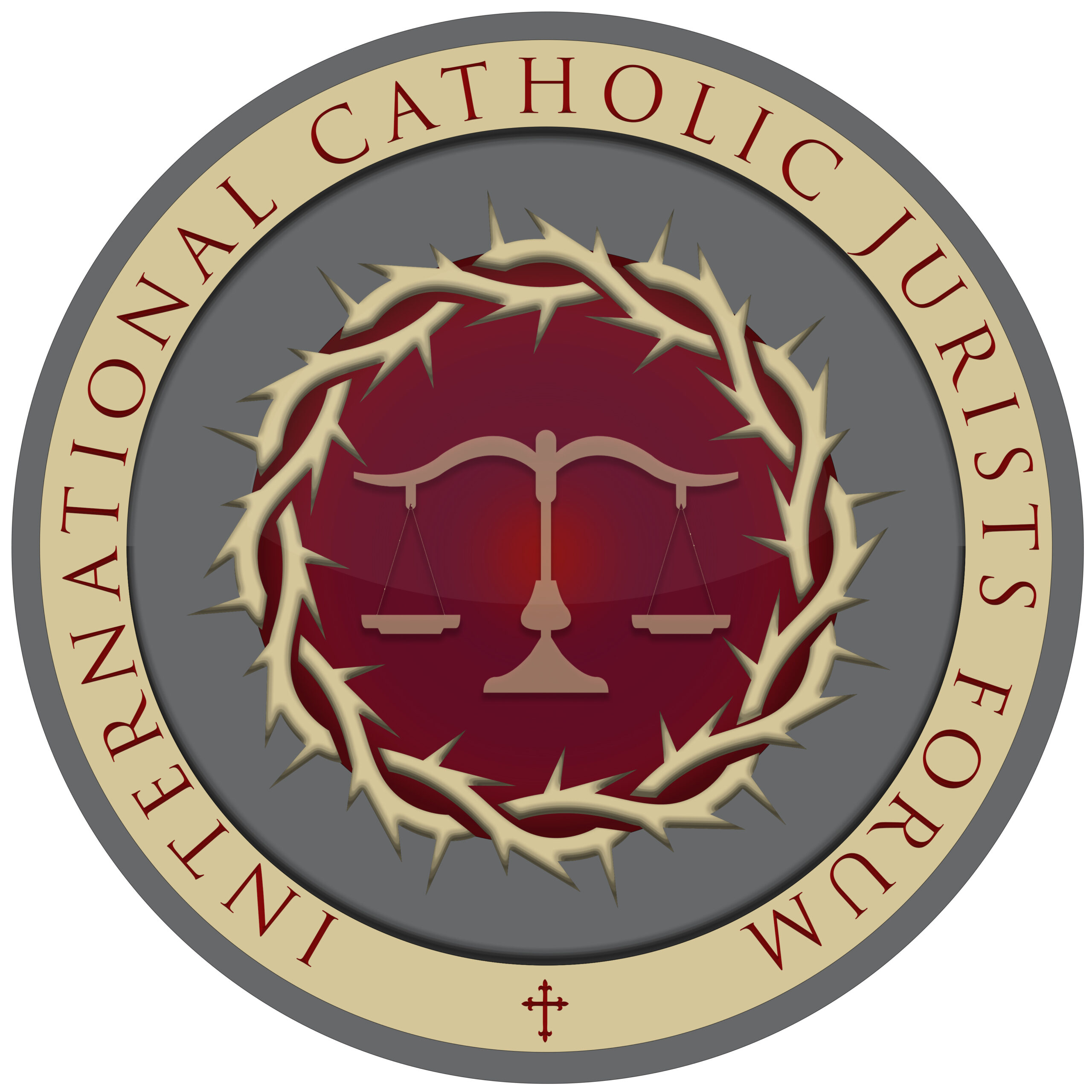‘Between life and death’ – How a priest aims to help traumatized Nigerians
Fr. Justine John Dyikuk
The Pillar
August 15, 2023
A Nigerian Catholic priest who was kidnapped by gunmen last year has launched a new organization to help Nigerians receive mental health care to cope with the trauma of terrorism in their country.
Fr. Stephen Ojapah, a member of the Missionary Society of St. Paul, was abducted by unknown gunmen on the night of May 25, 2022. He was taken, along with three other people, from the rectory at St. Patrick’s Catholic Church in Katsina State in northern Nigeria, and was held captive until June 26 of that year.
The priest spent 33 days in captivity, much of it at gunpoint.
Afterward, he dealt with the trauma — but it wasn’t easy he said, and he’s still unpacking the emotional and psychological scars of his ordeal.
In fact, for many Nigerians, dealing with the mental health effects of kidnapping and violence is nearly impossible.
Kidnapping is a common crime in Nigeria, with upwards of 3,000 reports of individuals being kidnapped annually in recent years.
But mental health care — not only in the wake of a kidnapping, but for any reason — is scarce in the country.
It is estimated that fewer than 20% of Nigerians in need of mental health care are able to access it.
Ojapah noted that his own month-long experience of being kidnapped “has left me and others with deep trauma.”
He pointed to the experience of post-traumatic stress disorder PTSD, which can affect kidnapping victims.
“Many are in dire need,” he said.
A year after gaining his freedom, the 39-year-old priest is now working to build O-Trauma Victims Initiative (OTVI), a project he explained is “for Nigerians …to help us deal with the trauma that comes with banditry and other forms of violence.”
To respond to these needs, OTVI offers medical care, trauma counseling, and legal aid to victims of kidnapping in Nigeria. It also provides vocational training and economic programs to help kidnapping victims recover financially.
OTVI has special programs for children who are suffering from trauma, as well as women and girls who are victims of gender-based violence. It also works with community and government leaders to raise awareness about the importance of trauma recovery.
Ojapah explained that healing trauma is an important part of strengthening Nigeria.
“Nation building is an art,” he said, emphasizing that it requires the population to become more “selfless, loving, compassionate and forgiving.”
He decried the attitude of Islamist religious and political leaders in Nigeria, who are “actively engaged in destroying the nation destruction through their utterances” insisting that “we have a nation to build.”
Reflecting on his own experience, Ojapah noted that just one year ago, he and his companions had been “in the hands of the kidnappers between life and death.”
“On this day, last year, I woke up in tears and in real pain. Not knowing whether we would make it to the next day, as the kidnappers [had] decided on killing me to drive home their requests and demands,” the priest told The Pillar.
“As I woke up in the early hours of the 22nd last year to pray, I couldn’t. Rather I was silently crying.”
He added that he and his companions “are all living testimonies to what the Lord has done.”
He told The Pillar that the Diocese of Sokoto paid more than 25 million Nigerian naira — more than $30,000 USD — in ransom money in exchange for his freedom and that of of his companions.
Ojapah spoke in June at an international event on nation-building at the Catholic chancery offices in Abuja.
In his talk, Ojapah stressed that he has forgiven his kidnappers.
“On the day the kidnappers were to release me, I was in tears and weak. One of the kidnappers asked me, ‘Will you still forgive us after all we have done to you?’ With tears in my eyes and pains in my heart, I said, ‘Yes.’ I truly meant the yes.”
June also marked Ojapah’s 10th anniversary of ordination to the priesthood.
“This anniversary, like many other priestly anniversaries, could have been celebrated in a low key [way], but after my unfortunate incident of the kidnapping, I have a deeper understanding about life,” he said.
He explained that he wanted to use the occasion of his 10th priestly anniversary and the first anniversary of his release from captivity to advocate for mental health for Nigerians who have been through similarly traumatic experiences.
In his talk, a visibly emotional Ojapah thanked those who had accompanied him with their prayers during his captivity.
“After journeying with me last year in tears and sorrow, it is only fitting that you equally celebrate with me today.”
“When we were ordained priests, we were ordained to serve humanity, build the people of God,” he reflected.
Ordained a priest 10 years ago alongside 11 others who are currently working in Canada, the UK, Canada, Malawi, Chad and Nigeria, Ojapah worked in Sokoto where he was the dean of Malumfashi deanery and director of interreligious dialogue, before recently taking an assignment of parish ministry in the UK.
